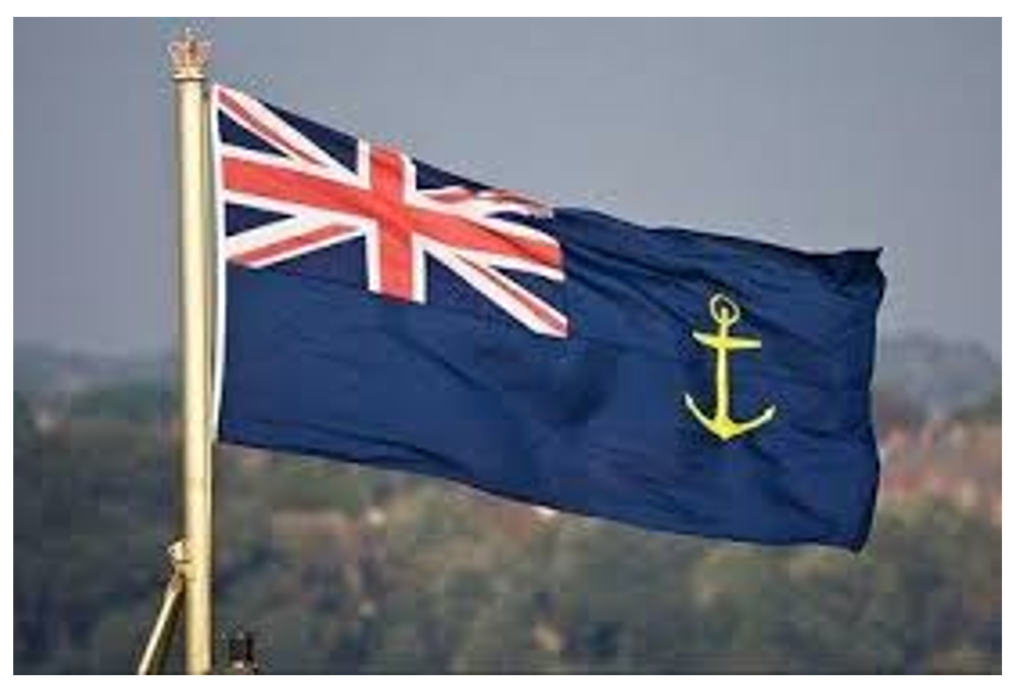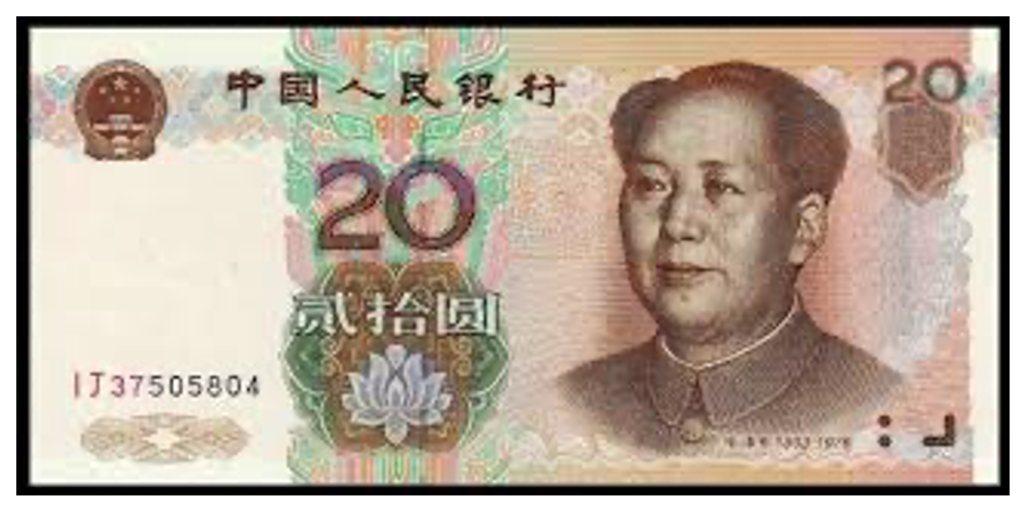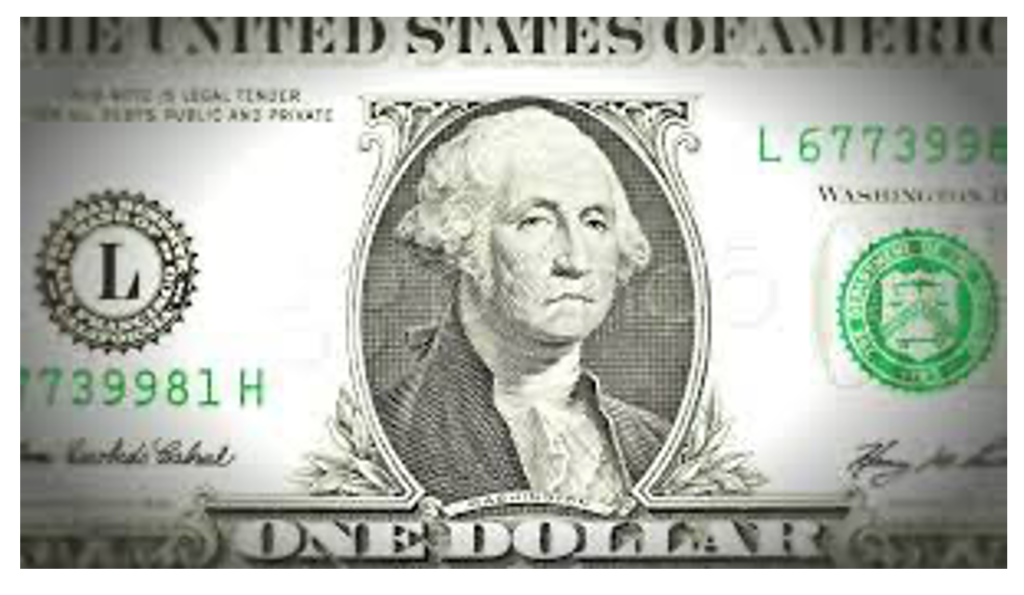Being the World’s Reserve Currency – the US Dollar – has an outsized influence on global affairs. It’s what all the “other” countries hold in their central banks to make sure they can pay their global bills. If you’re buying wheat from Kansas, it’s obvious you’re paying in dollars…what’s not so obvious is that bottle of French wine is also very likely to be ultimately denominated in dollars.
We can get into long debates about Bretton Woods and the gold standard and while meaningful, it’s an adjacent point to today’s missive. I am of the school of thought there is almost always a single reserve currency that’s dominant in pricing the global trade of goods and services, how we price stocks and bonds from around the globe and generally do business with one another. If we look back in time, in the 1600’s, the Dutch Guilder was dominant in Europe since they were one of the stronger economies and traded widely around Europe and folks liked tulips. As we moved into the 1800s, the British pound rode British ships into global authority.

If you saw a Union Jack atop a ship in your harbor, you were pretty sure to be paying for things in pounds and if you didn’t have pounds, you paid a premium in the stuff the British crown wanted from you. Kinda makes colonialism obvious doesn’t it?
Anyway, the whole point of my blog today is I’ve been reading Ray Dalio’s book “Principles for Dealing with the Changing World Order: Why Nations Succeed and Fail” and a central theme in his book is we are coming to a time when the dollar will be descendant and the Chinese RMB on the rise to becoming the currency used ‘round the globe. It’s simple really and I quote from the book: “Countries with large savings, low debts, and a strong reserve currency can withstand economic and credit collapses better than countries that don’t have much savings, have a lot of debt, and don’t have a strong reserve currency.” In 2021, the China Gross Savings rate was 45.9% vs. the US at 17.7% – a pretty stark difference in gross saving being disposable income less consumption. So, if we have to then go out and buy RMB…

we will be using discounted dollars.

Now this won’t happen overnight – Kristalina Georgieva will not wave a wand and demand we pay ¥554 vs. $81 for a barrel of oil. It will demand we, as voters, think about increasing our savings and lowering our rate of consumption as we increase our GDP. Yup, pretty simple!
These data are solely the opinion of Saulsbury Hill Financial, LLC and do not reflect the opinions, guidance or recommendations of any other entity or person(s).
